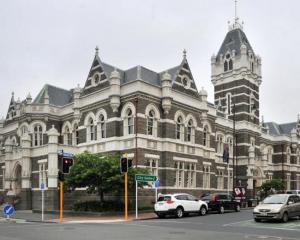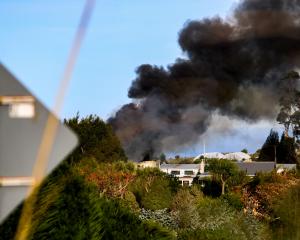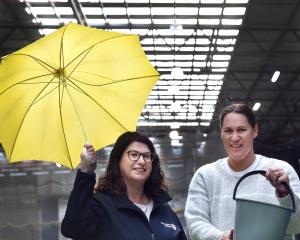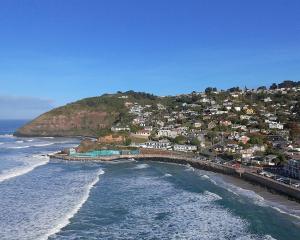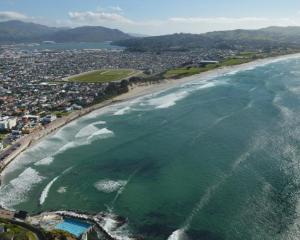She made her comment at a hui attended by about 40 people at Arai Te Uru marae, in response to concerns raised at the damage being caused to young people by alcohol and that some adults were supplying to minors.
Mrs Turia said she thought the law allowing 18-year-olds to buy liquor was wrong and "should never have happened".
That legislation had not said that a child of 14, 15 or 16 could not drink, but any law that did that was likely to result in more criminalising of children.
It was a dilemma.
Mrs Turia and her fellow Maori Party MPs co-leader Pita Sharples, Hone Harawira and Te Uroroa Flavell began a four-day southern tour in Dunedin yesterday with Te Tai Tonga candidate Monte Ohia, rallying support, listening to concerns, and encouraging enrolment.
Also raised was inadequate funding for Maori training providers who were expected to undertake social services which was not part of their brief.
Asked earlier how the party's relationship was with the Green Party, following recent suggestions from the Greens that there could be a deal whereby Maori Party supporters gave it their party votes, Mrs Turia said she was very disappointed at the proposal.
It seemed the Greens had effectively been building a relationship with the party with "a very clear eye on the main chance" - taking the party vote, she said.
The Maori Party was committed to many green issues such as sustainability, but was not suggesting to voters in Green MPs' electorates that they should give the party vote to the Maori Party, she said.
The party was prepared to work constructively with all political parties and had built good relationships with them.
She could not see why anybody should think the party should "roll over and give them our party vote".
The party was pursuing a "very clear two-vote strategy".
The election was a great opportunity for the party to see if it could get more than 5% of the vote.
In the last election, the party got four seats and 2.12% of the vote compared with the Greens' six and 5.3% .
In his speech, Mr Sharples also referred to courting by other parties, saying that now the National Party had gone up in the polls, the party had not recently had a call from its leader, John Key.
Mr Ohia said the party was particularly keen to see 18 to 30 year-olds enrolled and voting.
It seemed these people were interested in political issues, but just did not believe their personal votes would have any sway.
He saw the main issues for Dunedin being improving education for Maori, economic development, the wellbeing of families and raising the profile of the Maori language.
The group will visit Invercargill, Christchurch, Kaikoura and Picton before the end of the week.






